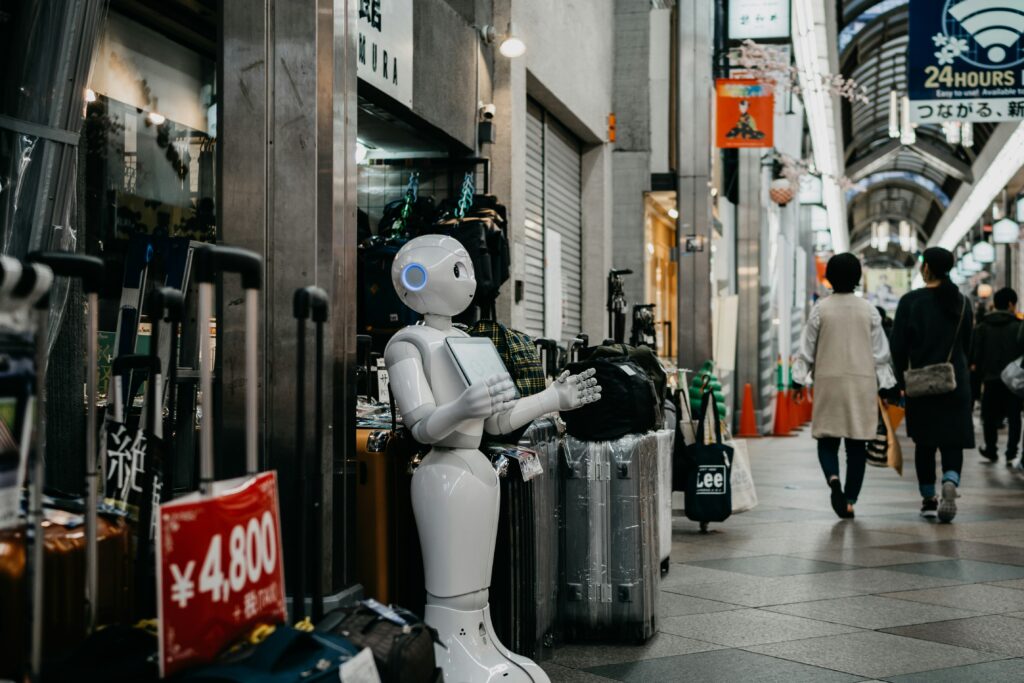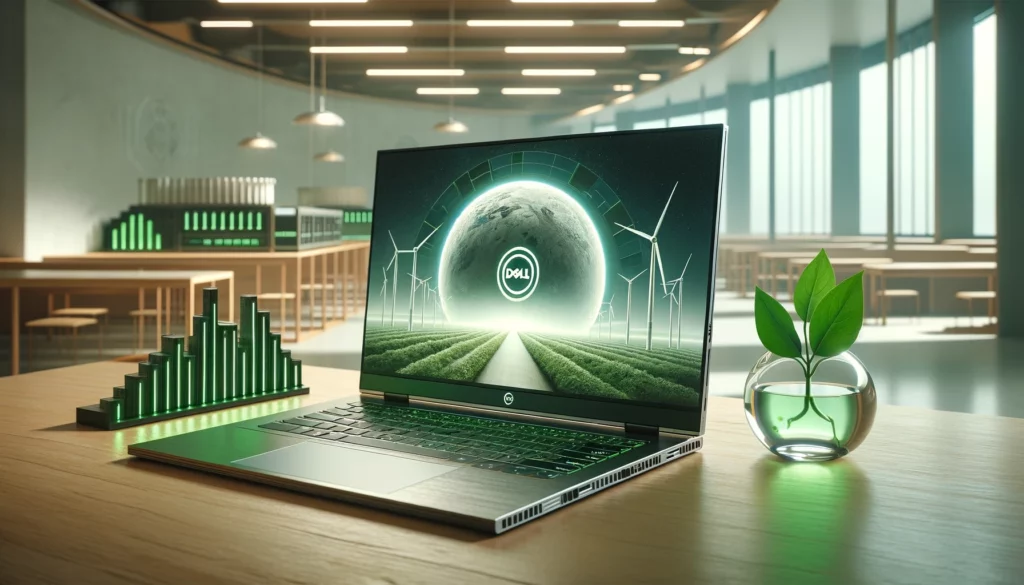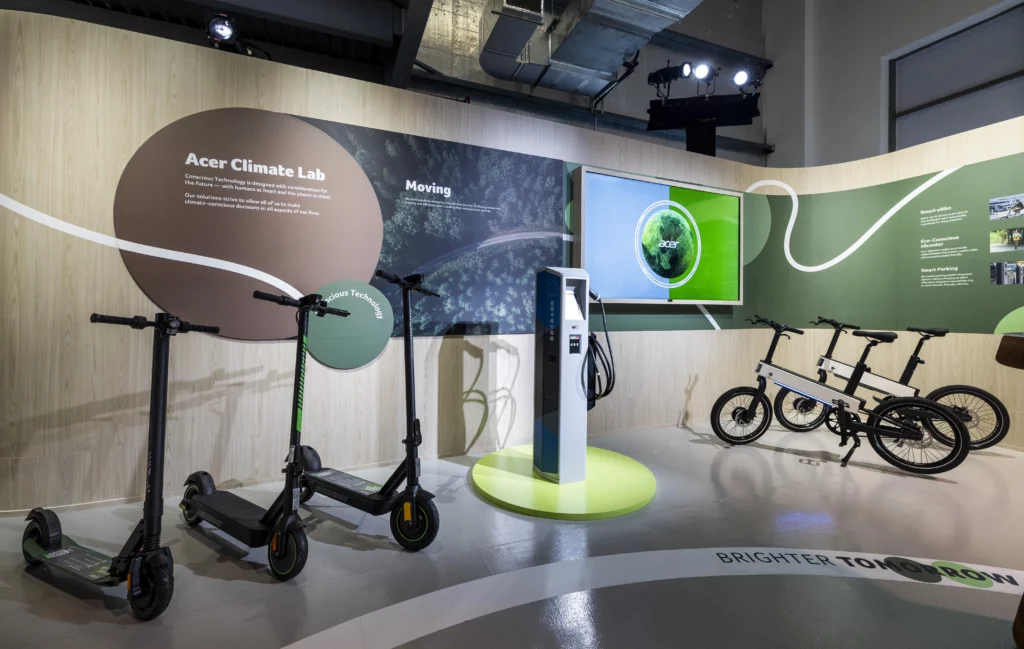One of the most athletic corporate social responsibility programs I follow is from Cisco, and back when I first started taking an interest in their effort, they introduced me to a company they were helping called Neopenda. Neopenda was formed to solve a critical problem in emerging countries with infant death and the lack of monitors. They, with Cisco’s help, rolled out an inexpensive, scalable solution that could be used to monitor the health of newborns and dramatically increased the survival rate of those newborns.
But the technology they developed turned out to be extremely useful both in the US and globally in responding to the current COVID-19 pandemic.
Let’s talk about corporate social responsibility, Cisco, Neopenda, and the massive potential global benefit from programs like this.
Corporate Social Responsibility
Corporate social responsibility (CSR) is a role that has evolved a lot, particularly over the last decade. I can remember when most companies’ entire program was to promise to plant a tree if you bought their product, and I have doubts whether many of those promises were ever met, or—if they were—if the trees didn’t just die due to lack of care after they were planted.
In those days, it seemed as if companies just wanted the appearance of doing something positive but didn’t want to invest in genuinely making a difference. These days the programs have been massively advanced. Companies like Dell and HP are making huge inroads into recycling, Microsoft promised they would be carbon negative (take far more carbon out of the air than they put in) by 2030. Cisco has been recognized as one of the most aggressive of the bunch.
One of the things that helped make Cisco stand out early on was going after unique problems in emerging economies like finding and protecting freshwater sources. This water preservation effort was the program that initially had me fascinated with Cisco’s approach because it provided a considerable amount of local value. Cisco, working with partners, was able to help dig wells, provide reliable pumps, and implement regional policies that not only identified water sources but did a credible job of preventing their otherwise almost certain contamination. This one program likely saved thousands of lives.
Neopenda
The next program I became aware of was Neopenda, who, in partnership with Cisco, developed and sold an almost unbelievably inexpensive neonatal monitor for these same emerging regions to address the problem of excessive death with newborns. Simple, easily deployed, and most importantly, affordable in markets that lacked financial resources, this one small tool protected a considerable number of our most vulnerable children, those newly born.
But when the Coronavirus pandemic hit, a new need was identified; the need to monitor people who had caught COVID-19 and were symptomatic remotely so that, particularly those that lived alone, could be remotely cared for at scale. Neopenda was able to retool its inexpensive baby monitoring solution rapidly against this new threat, and they now provide a very affordable way to monitor remote COVID-19 patients and at a time when healthcare dollars are short in even developed nations.
This remote monitoring allows hospitals to keep beds open for those that most need them while lowering the density of infected patents, potentially better protecting the health of hospital caregivers. Had Cisco not helped with the baby version of this solution, the adult version would have never been developed with a high likelihood that more people would have both gotten sick and died.
Wrapping Up: The Impact of CSR Done Right
This Neopenda case showcases what can happen when CSR programs are developed and performed well, and Tae Yoo, who leads this effort for Cisco, has done an impressive job. As a result, Cisco sets a strong example of how a well-executed CSR program can have a positive global impact if it is both well managed and tightly focused on making a real difference.
I expect, by the end of this pandemic, many of us will owe our lives to CSR programs we don’t even know about but, should you or a loved one, end up using the Neopenda solution, you’ll know it probably wouldn’t have existed if not for Cisco’s CSR program.
This result is yet another example of a company that is doing well by doing good.




Comments are closed.